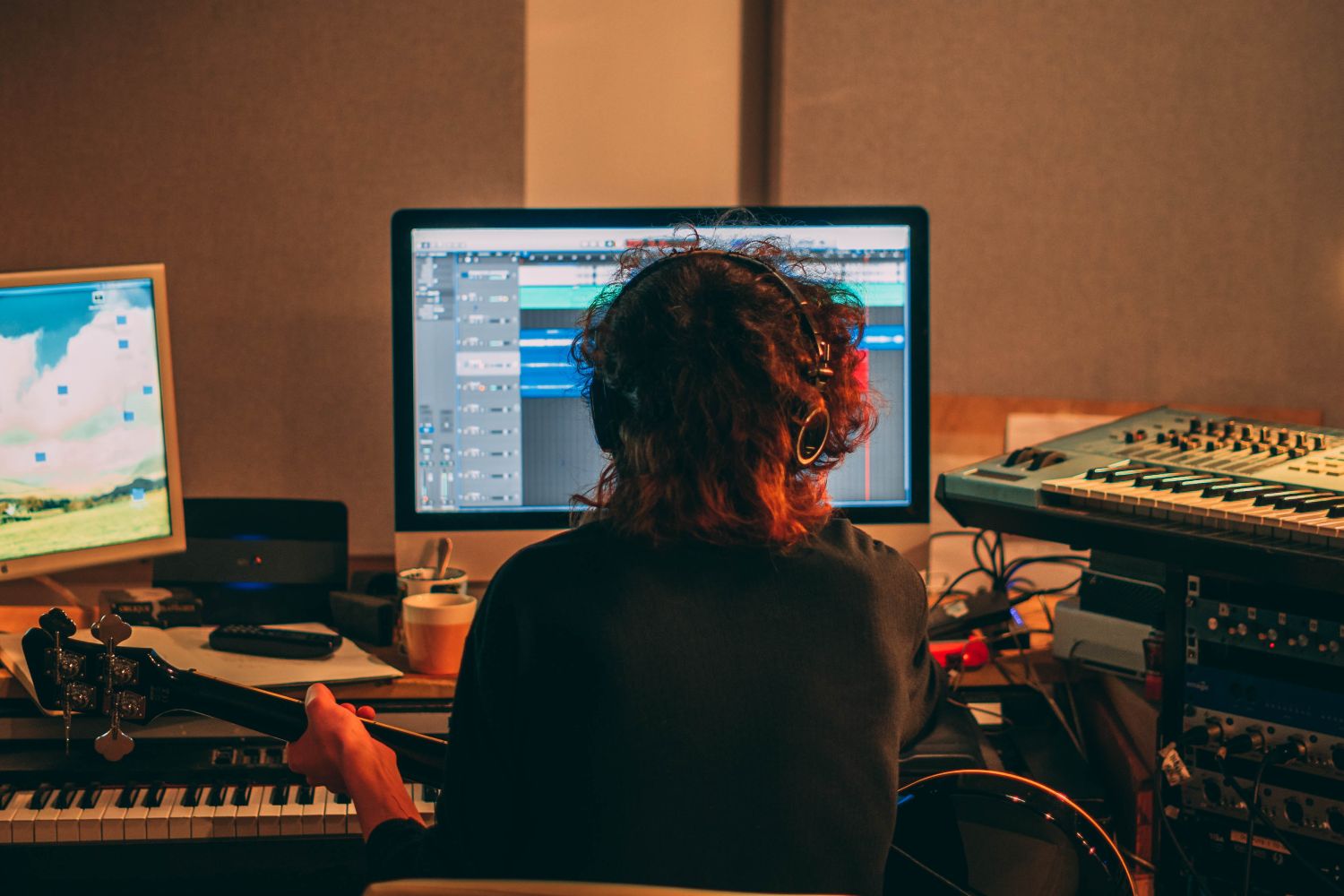The studio can be a very different beast to playing live
It can be equally exciting and creative, but may also reveal some other aspects of your playing, tone, and technique that you haven’t paid as much attention to.
Bass guitar
Long before you’re discussing what mic to use on your cab or what compressor plugin will help the chorus section punch more, there really should be some time taken to ensure you’ve covered your basses (!) before pressing the record button.
Read all the latest features, columns and more here.
Know your gear
Echoing the sentiments of our guitar discussions – having working, reliable, noise free gear is essential. So many hours have been wasted trying to troubleshoot a noisy patch lead or buzzy speaker lead.
This can be annoying for yourself but also infuriating for the rest of the band or engineer. Especially if the clock is ticking and you’re paying top $. Further than just maintaining your gear – know the ins and outs of your rig and how to pull different ones. Bridge or neck pickup? Would flats suit a certain part? Four, five or six strings?
How many strings does a bass guitar have?
Perhaps having access to some extra instruments (hit up some mates or utilise the studio’s gear) can add to your tonal palette and give you some extra options when recording additional takes or exploring some creative ideas to have just in case when it comes to comping/editing/mixing. Additional strings on an instrument can help you reach both higher and lower octaves to either reinforce or harmonise with the rest of the band. Five string basses add an extra low string (typically a low B), while six strings add a high string!
While we’re at it, spare strings never go astray! You’ll need one as soon as you think “I don’t need one”.
Bass guitar amp
This is an interesting one – but get used to the feeling of pushing air out of your amp! Practicing usually lends itself well to things like scales, practicing to a click etc. but the feeling of being on stage with a loud amp is a whole new vibe.
Practice playing standing (if you’ll be standing on stage), with your amp behind you, with pedals if you use them, and practice the performance elements of the show as well as hitting all the right notes. This will help you be as prepared as possible!
Time feel
Even before the gear, maintenance, pre production, and preparation is one big area that realistically should just be a given! Developing, refining, and having a good time feel is essential for good-sounding parts and efficient use of the recording process.
I know this sounds obvious and yes, creative editing can just about make anything work… but – why not just have this happening in the first place. For many players it’s just assumed that because you can play at a certain level that your time feel is good. Unfortunately, this isn’t always true, and the recording process will then highlight any of these inconsistencies in your playing big time. So, perhaps work on your feel by recording yourself as part of your practice routine (or recording rehearsals/jam sessions etc).
Playing to a click in your DAW can be very enlightening (just look at those waveforms in relation to the beat) – many will rush, others will drag, and some will do both. While it can be cool to have a pushy feel or lay back on something it is even more important as a whole to have an awareness of time and how you play. Often what you think is really locked and tight won’t actually be so.
Subdividing when counting is great in this situation, especially slower tempos when it feels like there’s tons of room between the beats. The more subdivisions you’re counting/feeling the less room there is for you to waver.
I know there are many classic recordings that feel great yet move all over the place time wise, and realistically, the crux of music is if it feels good then it’s okay.
But, many players have this as an excuse for sloppy playing or just being loose without really working on their time and groove. You’ll be surprised how much this can improve your recordings overall by just having an awareness of time and how you play.
Just starting your bass journey? Head here for more tips.

